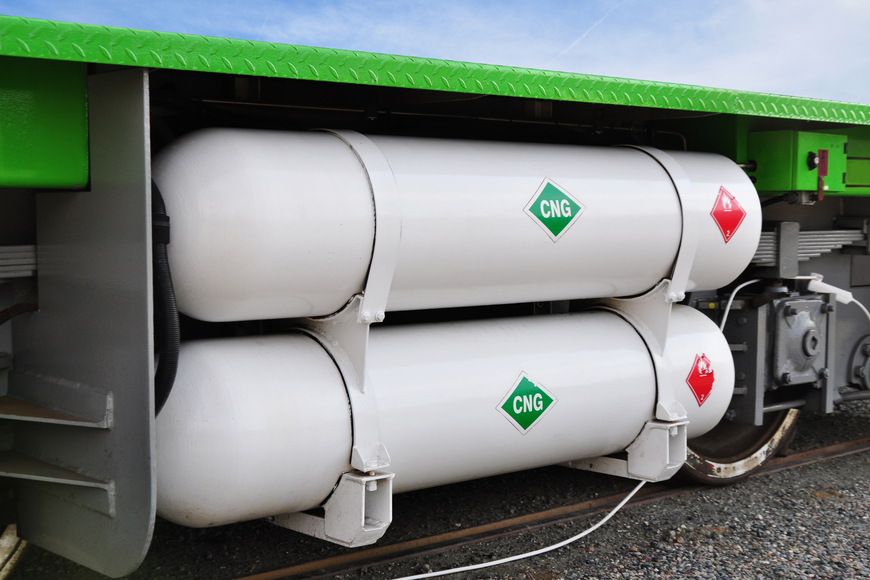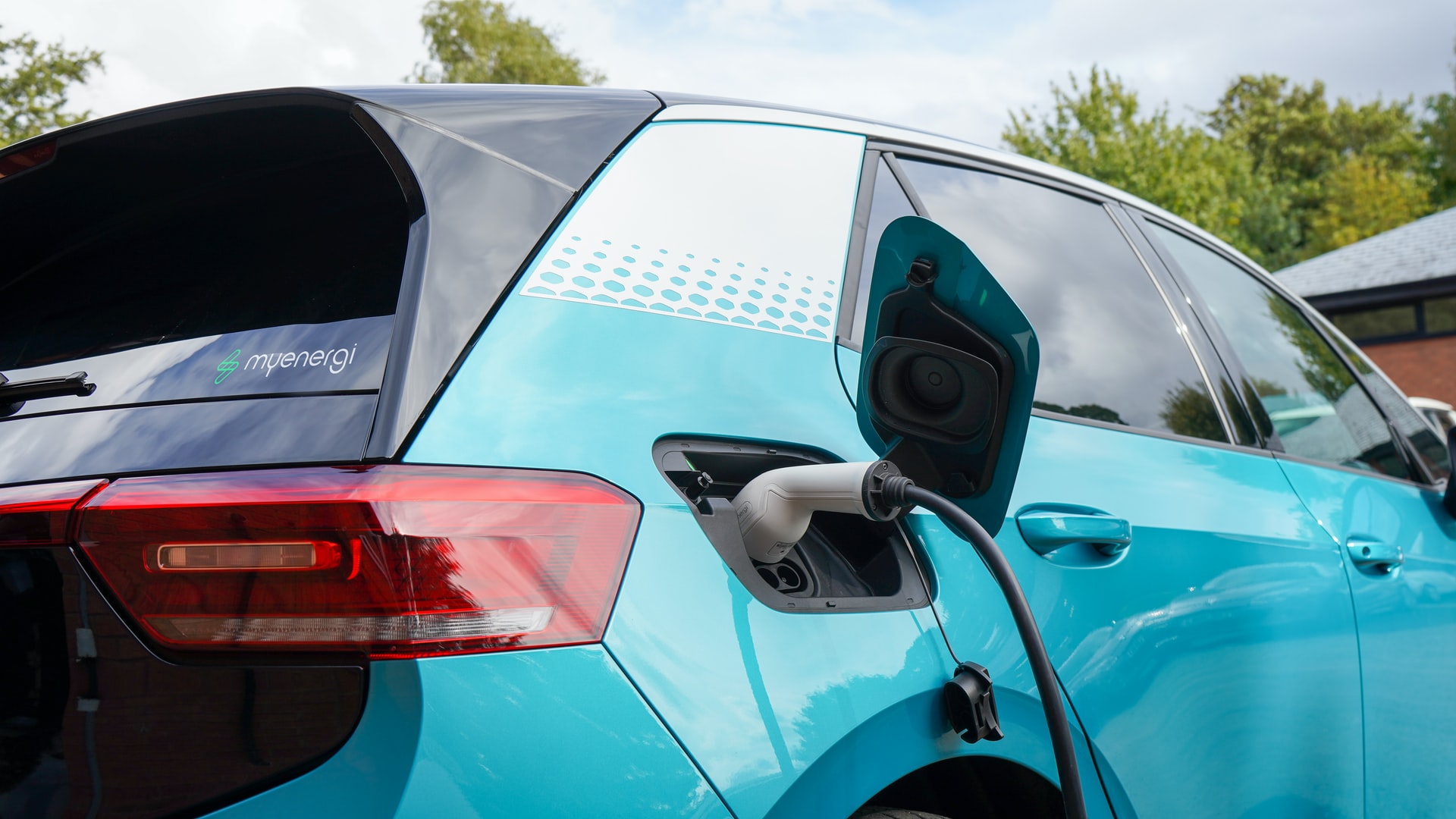Natural gas is an alternative fuel that offers a number of advantages, over traditional petroleum-based fuels. It’s abundant, widely available, and more environmentally friendly than gasoline or diesel.
In vehicles that run on natural gas, the use of a “dual fuel” system allows operators to switch from petroleum-based gasoline/diesel to compressed natural gas (CNG), depending on their driving conditions and needs.
A CNG car may offer some benefits over other types of alternative fuel vehicles like hybrid cars.
Based on studies conducted by individual companies, as well as government agencies worldwide, here are the main advantages and disadvantages of using CNG as a vehicle fuel:
Advantages Of Using CNG Gas Fuel in Car Models:
- Natural use for automotive applications is abundant and widely available.
- CNG is extremely flexible, meaning it can be used in vehicles that are modified or factory-built to use it.
- Compared to petroleum fuels, natural gas emits lesser greenhouse gases (GHGs).
- Natural gas fuel tanks are safer than gasoline/diesel tanks. Because they do not suffer from corrosion and leak issues. This decreases the risk of fire, explosion, or accidental contamination.
- Vehicles running on natural gas require less routine maintenance than gasoline/diesel vehicles. Thanks to the absence of spark plugs, filters, and injectors in their engines.
- It does not cause soot buildup clogging the engine’s valves, and rings like gasoline petrol unleaded or diesel, CNG helps lengthen the life of vehicle engines.
- The energy released by burning natural gas is more powerful than gasoline or diesel. It results in greater acceleration and other performance improvements to both factory-built and modified cars that run on this type of fuel.
- When it’s available, natural gas costs less than gasoline/diesel at the pump.
- Natural gas produces fewer emissions while being stored, transported, and burned compared to petroleum fuels. This makes it a cleaner alternative to using petrol or diesel for automotive purposes.
- Using compressed natural gas can reduce greenhouse gases by up to 20%. Less smog formation up to 50%, cut NOx by 80%and help reduce toxic air pollutants by 60%.
Disadvantages Of Using CNG Gas Fuel in Car Models:
- It takes more energy to compress natural gas in order to store it at high pressures in the tank. This reduces its “mile per gallon” mileage, compared to gasoline/diesel vehicles. A CNG-powered car’s fuel economy is 6% lower than that of gasoline/diesel vehicles.
- Natural gas vehicles are currently pricier to buy new due to their greater initial cost and lack of availability in some countries outside North America. Also, they don’t have as wide a consumer base as cars powered by petroleum fuels, hybrid or electric vehicles.
- CNG vehicles may pose a safety issue during an accident if their gas tank is ruptured. This is because pure natural gas has less resistance to the combustion process compared with gasoline.
- Because it contains less energy per unit volume than gasoline/diesel, CNG tanks cannot be driven as far on a full tank compared to petroleum fuels. For example, while the range of an electric car is around 100 miles per charge, the same car running on compressed natural gas can go only about 300 miles until it needs to be refueled again.
- Compressed Natural Gas is clean only if the car is hybrid or run with electricity. It produces CO2 when burned, but in a lower amount than gasoline.
- The installation of the stations is expensive for companies to set up, whereas traditional gasoline stations are already established.
- Vehicles powered by CNG are only truly clean when they burn this fuel in addition to operating on electricity or hybrid technology. Compressed natural gas itself produces greenhouse gases like CO2 when burned.
- Natural gas engines run hotter than gasoline engines do. Which leads to increased engine wear and more frequent repairs to cars running on compressed natural gas.
How Do CNG Vehicles Work?
Compressed natural gas (CNG) is a clean and efficient fuel that operates much like gasoline with the exception of not producing carbon emissions.
CNG cars operate just as well on any surface. making them perfect for this era where we all need to reduce our environmental footprint by going green in ways such as car usage or reusing what you buy at stores.
A spark ignited internal combustion engine is the most common type of gas-powered vehicle.
The fuel enters an intake manifold or cylinder. It’s mixed with air and then compressed by a piston, to create heat before ignition from sparks.
Should I Buy CNG Vehicle Or Not?
So, are you thinking about purchasing a CNG vehicle? Here are some things to consider along with some recommendations for who makes the best CNG vehicles available.
- Compressed Natural Gas (CNG) is an alternative fuel used by nearly 13 million vehicles on highways across the US. It is domestically sourced, cheaper than gasoline, and has fewer greenhouse gas emissions.
- There are nearly 100,000 CNG vehicles on the road today. Natural gas offers both economic and environmental benefits to users of heavy-duty fleets operating trucks, buses, motor homes/RVs, and other larger vehicles.
- According to the U.S Department of Energy (DOE), CNG produces about 30% fewer greenhouse gas emissions than gasoline and diesel, which makes it a more environmentally-friendly choice as an energy source.
- CNG is also priced lower than gasoline or diesel per equivalent energy content; one gallon of gasoline contains 124,000 BTUs (energy), the same amount of natural gas contains 91,000 BTUs, making CNG vehicles more cost-effective.
When considering the initial purchase price of a natural gas vehicle, it is important to understand that all vehicles depreciate in value over time; however, the benefit of lower fuel costs will make up for some of this decrease in resale value.
Which country has the most CNG Vehicles?
Iran, Pakistan, Argentina, Brazil, and China are the countries with the highest number of CNG-run vehicles in the world.
Which CNG-run Vehicles Have Best Mileage?
Alto 800, Swift Dzire Tour, Wagon R, S-Presso, Santro are a few of the CNG- runs vehicles that have the best mileage.
Conclusion:
From the research, it is seen that natural gas-powered cars have a lower cost of ownership, as compared to traditional gasoline-powered cars. Not only that, they have a higher range and need less maintenance as compared to other energy sources.




